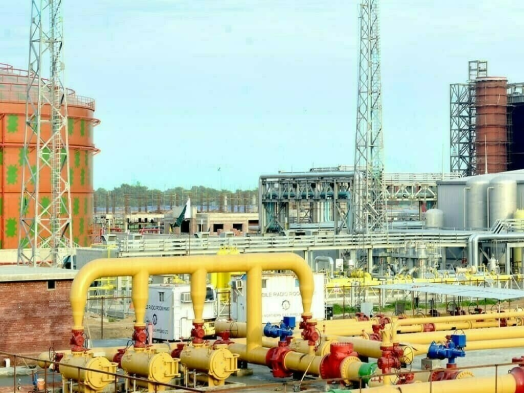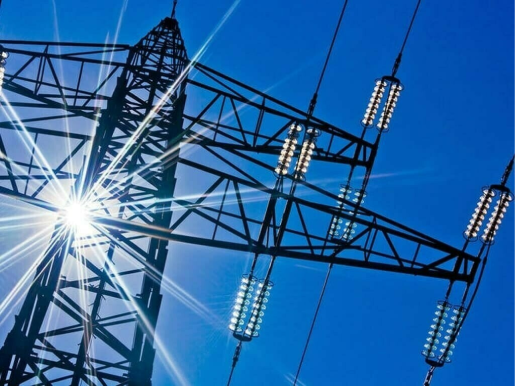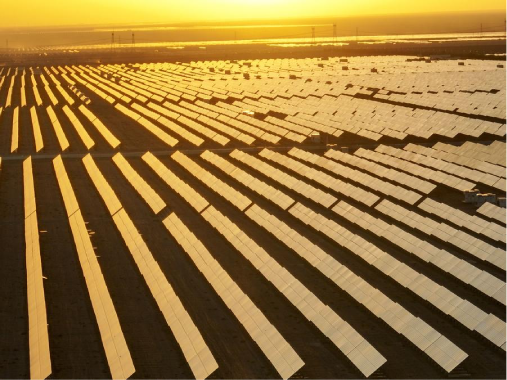A terrorist attack set ablaze two oil wells at a small oilfield in northern Iraq on Wednesday, but total production at the 25,000-bpd field has not been affected, the oil ministry of OPEC’s second-largest producer said.
According to the Iraqi oil ministry, quoted by Reuters, explosive devices were set off at two wells at the Khabbaz oilfield, which is located 20 kilometers, or 12 miles, southwest of the large northern Iraqi city of Kirkuk. Oil production from the two wells doesn’t exceed 2,000 bpd, the ministry said.
Sources from Iraq’s state-controlled North Oil Company (NOC) told Reuters that technical teams had isolated the two wells that were burning, with no impact on oil production.
There were no immediate details given by the Iraqi oil ministry as to who could be behind the attack.
The incident, while negligible to global oil supply and oil prices, highlights the security concerns that Iraq—OPEC’s second-biggest producer behind Saudi Arabia—continues to face.
In October, the regional government of the semi-autonomous Kurdistan region halted all exports after an attack on a crude oil pipeline.
Last month, Islamic State militants launched a rocket strike against an Iraqi refinery, causing its shut-down. The attack suggests the Islamic State, although officially defeated in OPEC’s number-two producer, is still capable of interfering in Iraq’s oil industry. This means the industry, which is vital for Baghdad’s budget, is vulnerable despite years of fighting the terrorist group.
Earlier in November, Islamic State claimed another attack, this time on a regional tribal leader in northeastern Iraq, adding fuel to the concern that sectarian tensions in Iraq are on the rise, and so is IS activity.
Meanwhile, Iraq—heavily-dependent on oil revenues, even by OPEC standards, continues to struggle with its budget income with the low oil prices.
The pandemic and the crash in oil prices could lead to 5.5 million more Iraqis falling into poverty, the World Bank said last month





